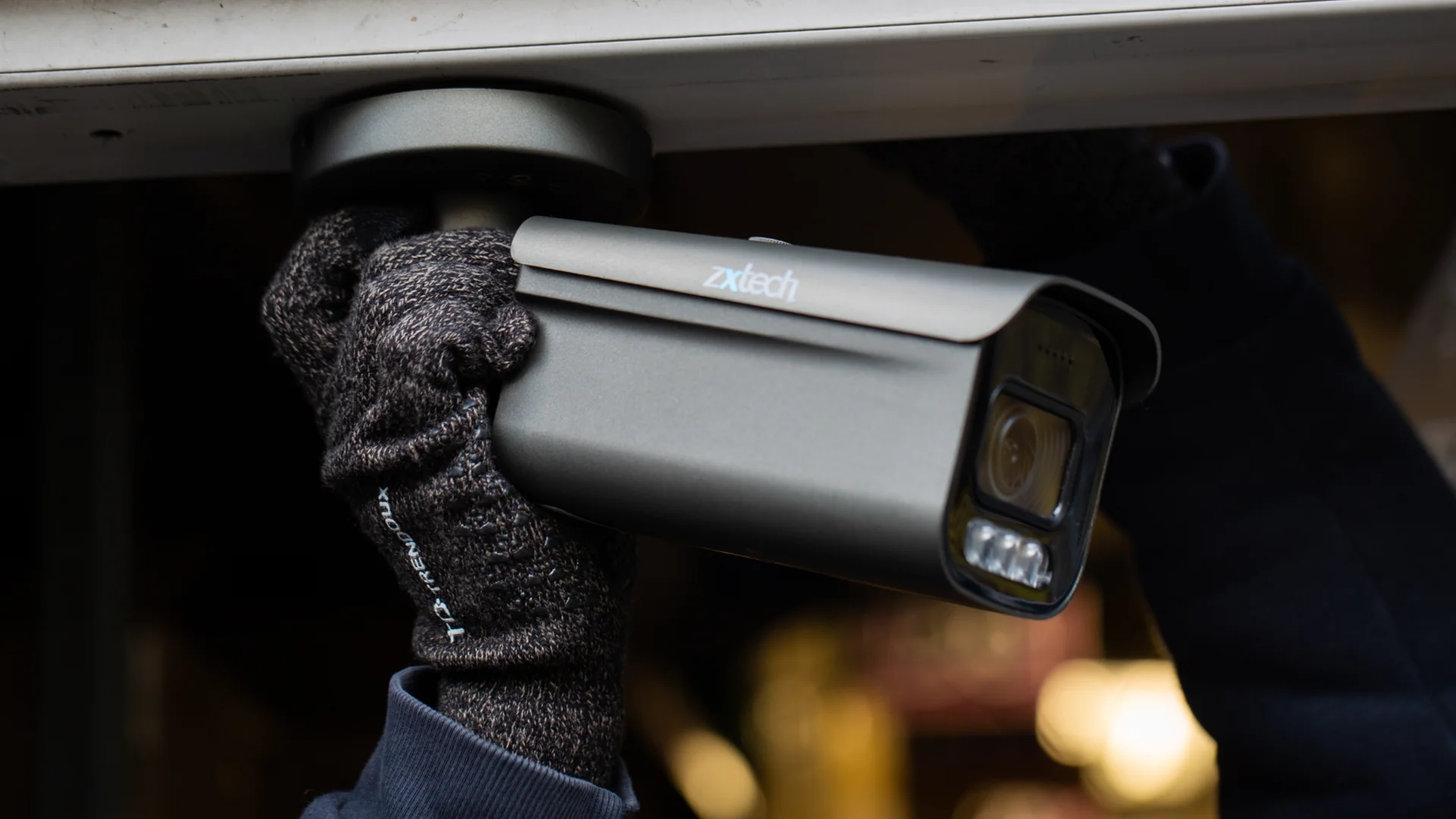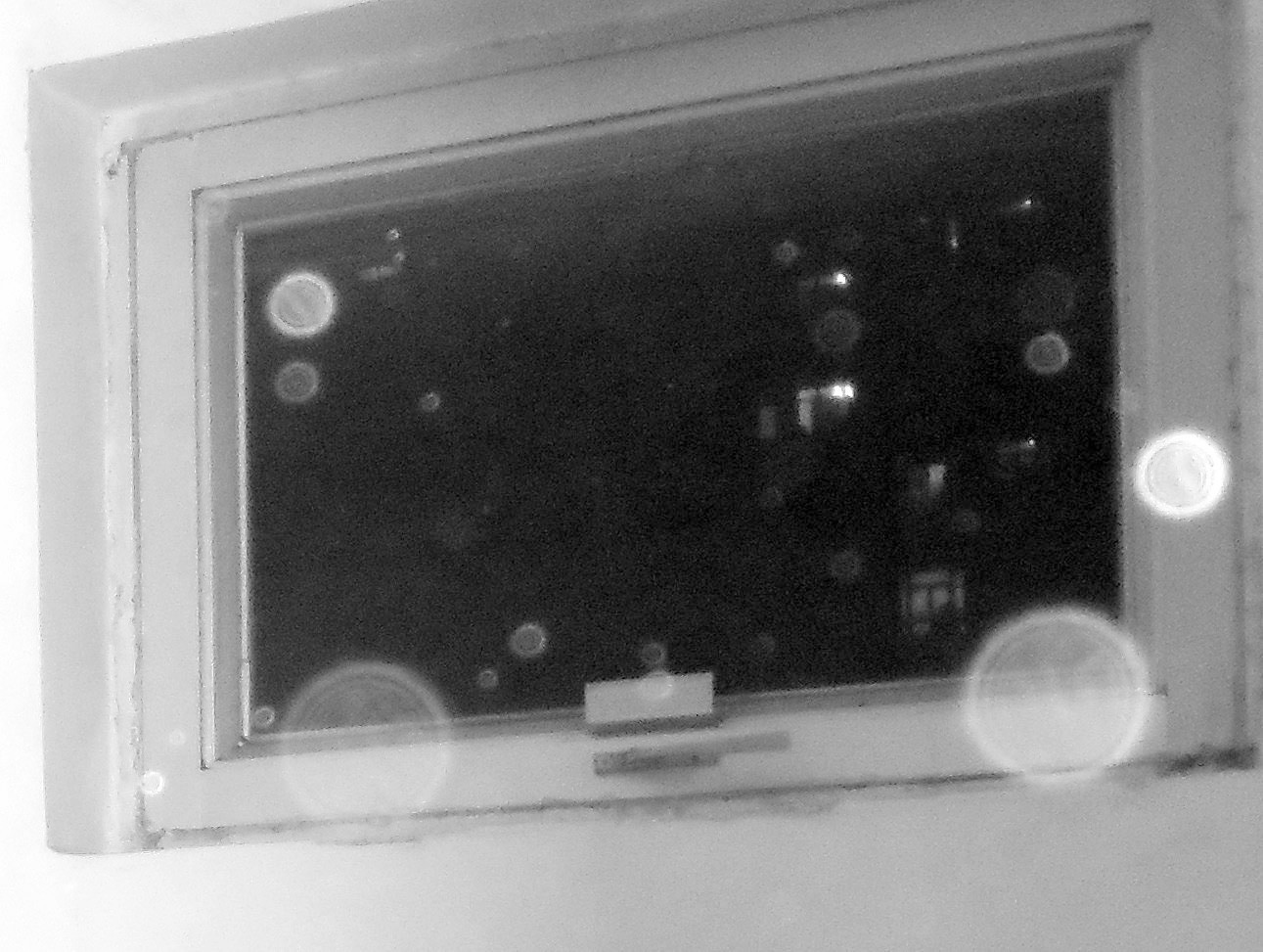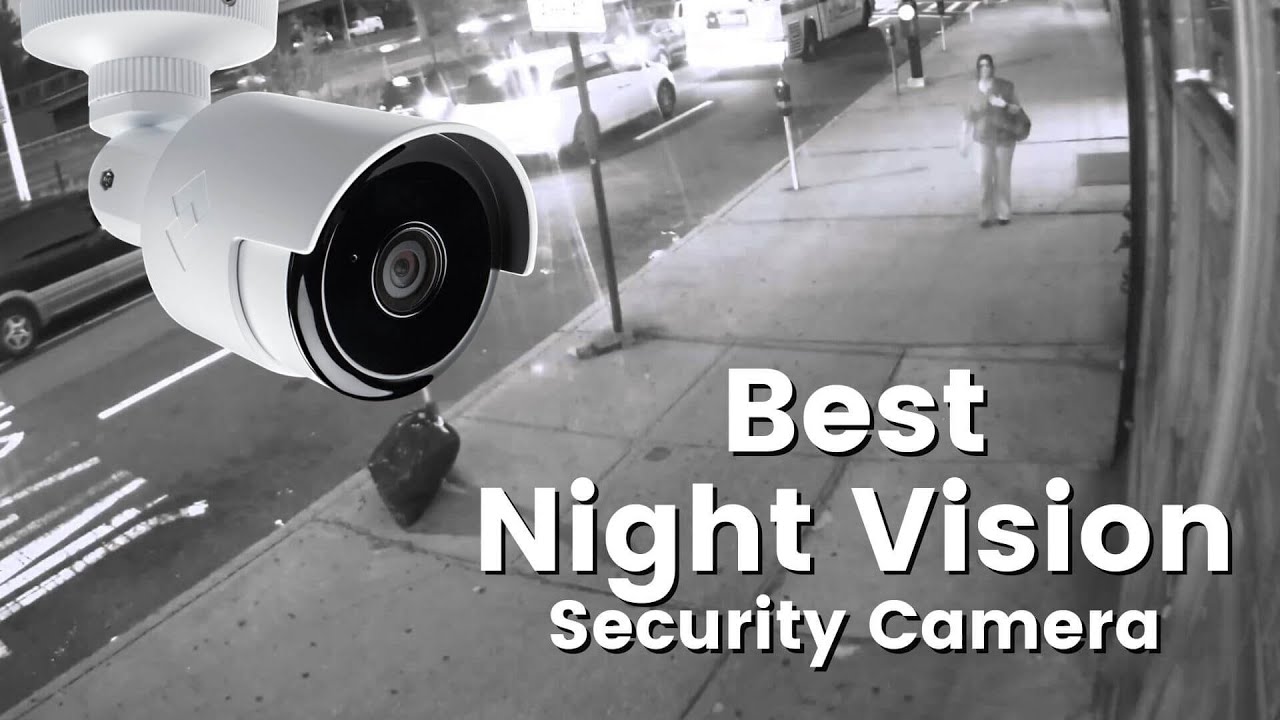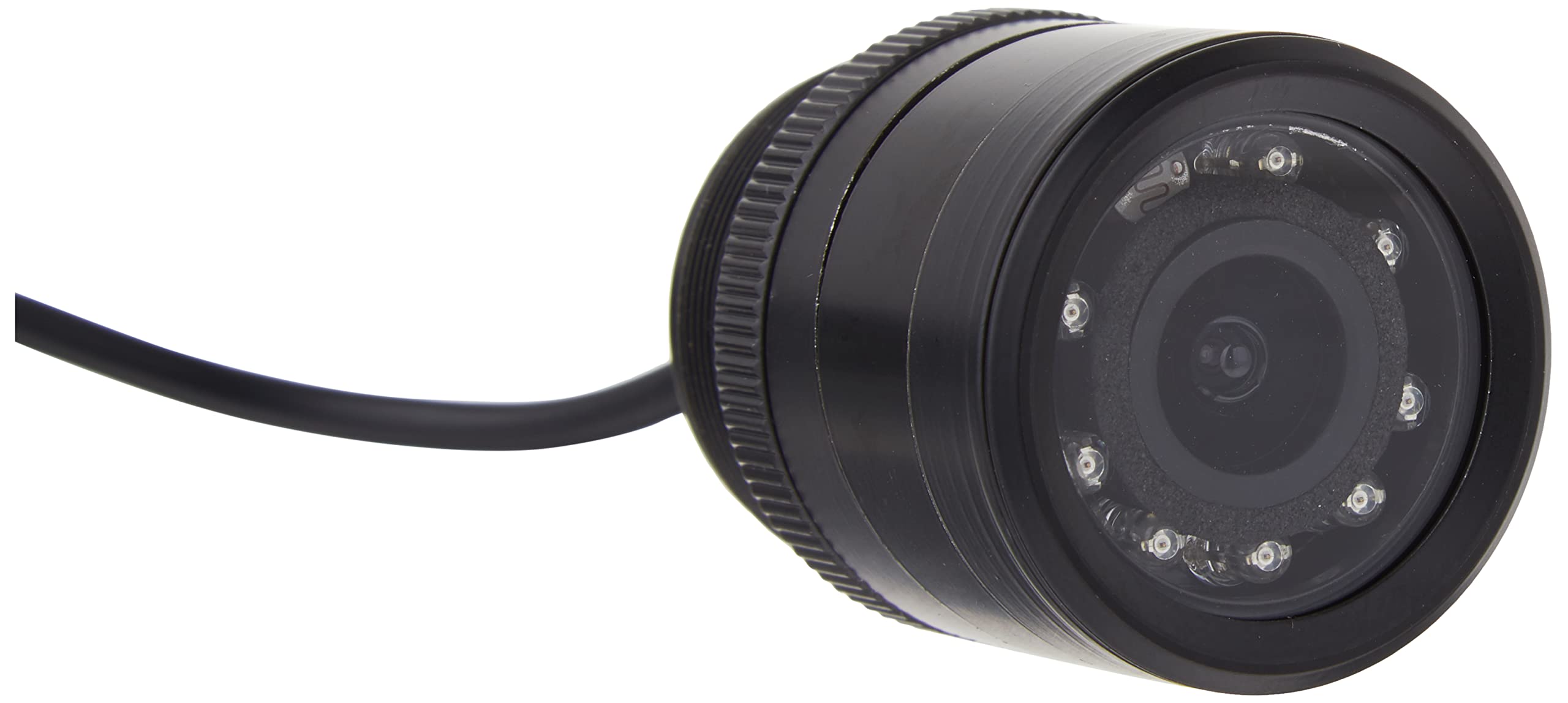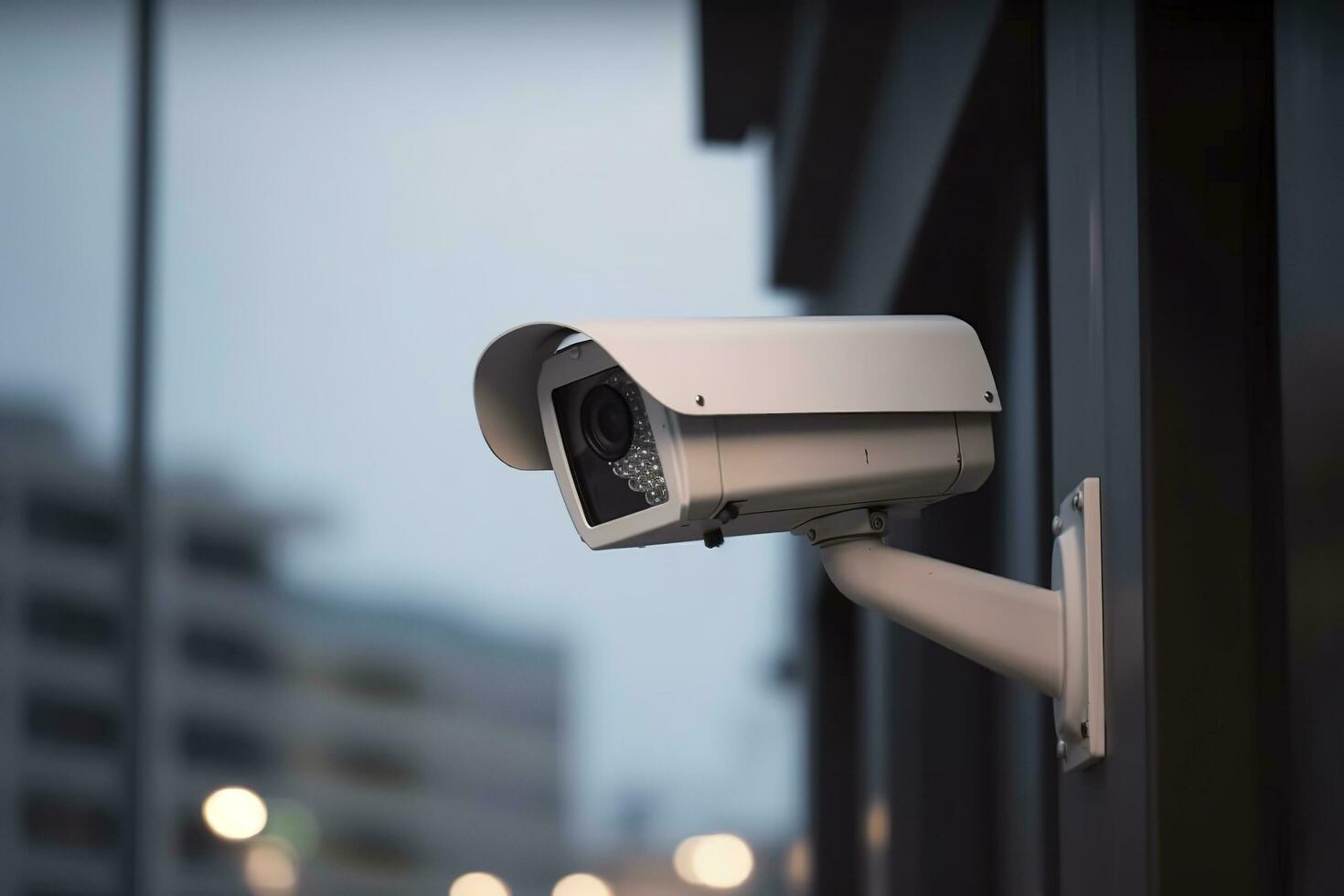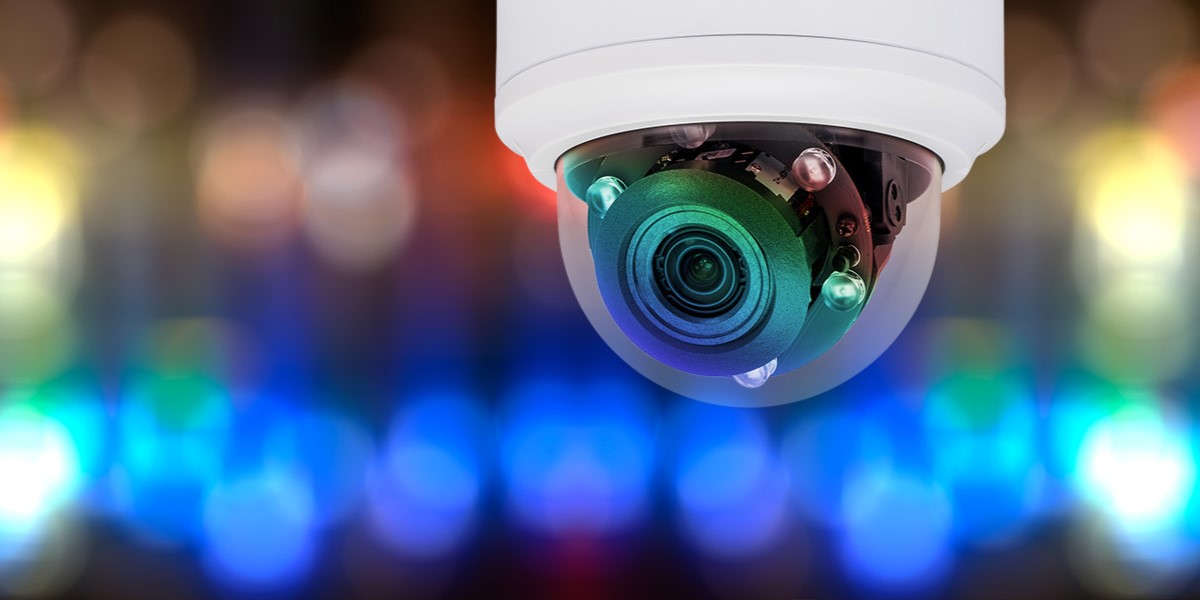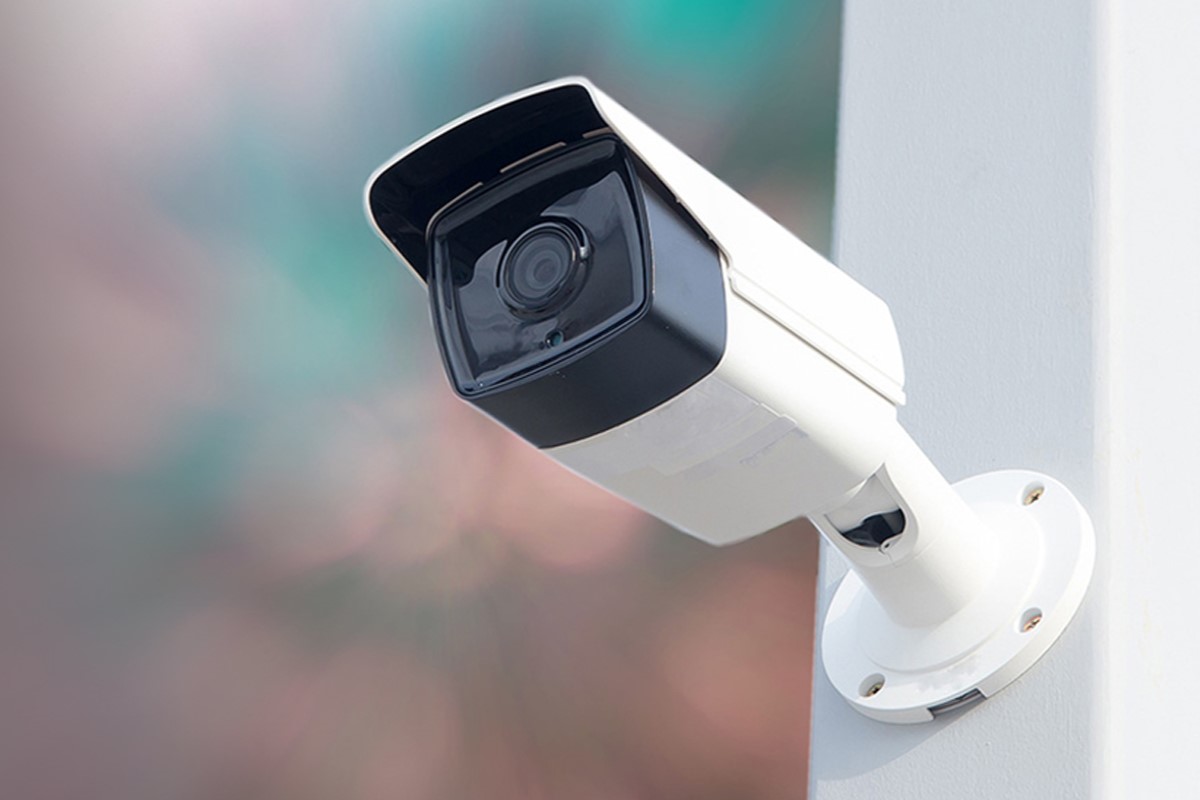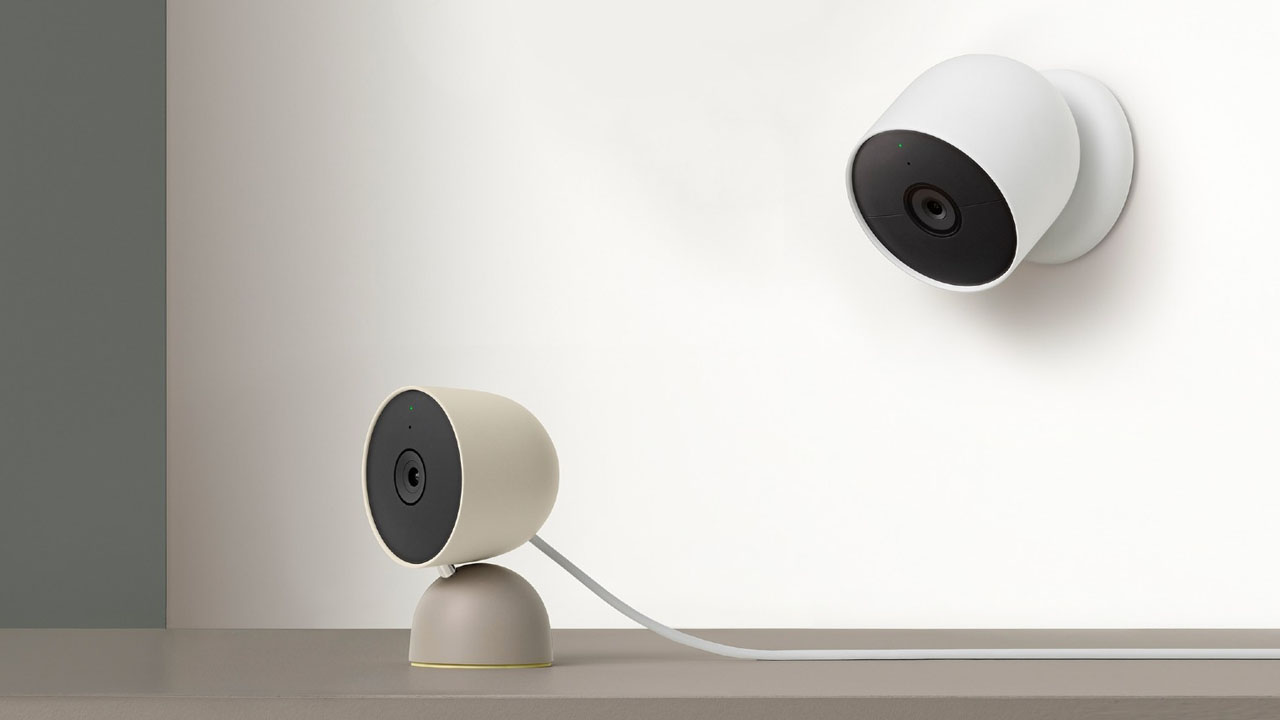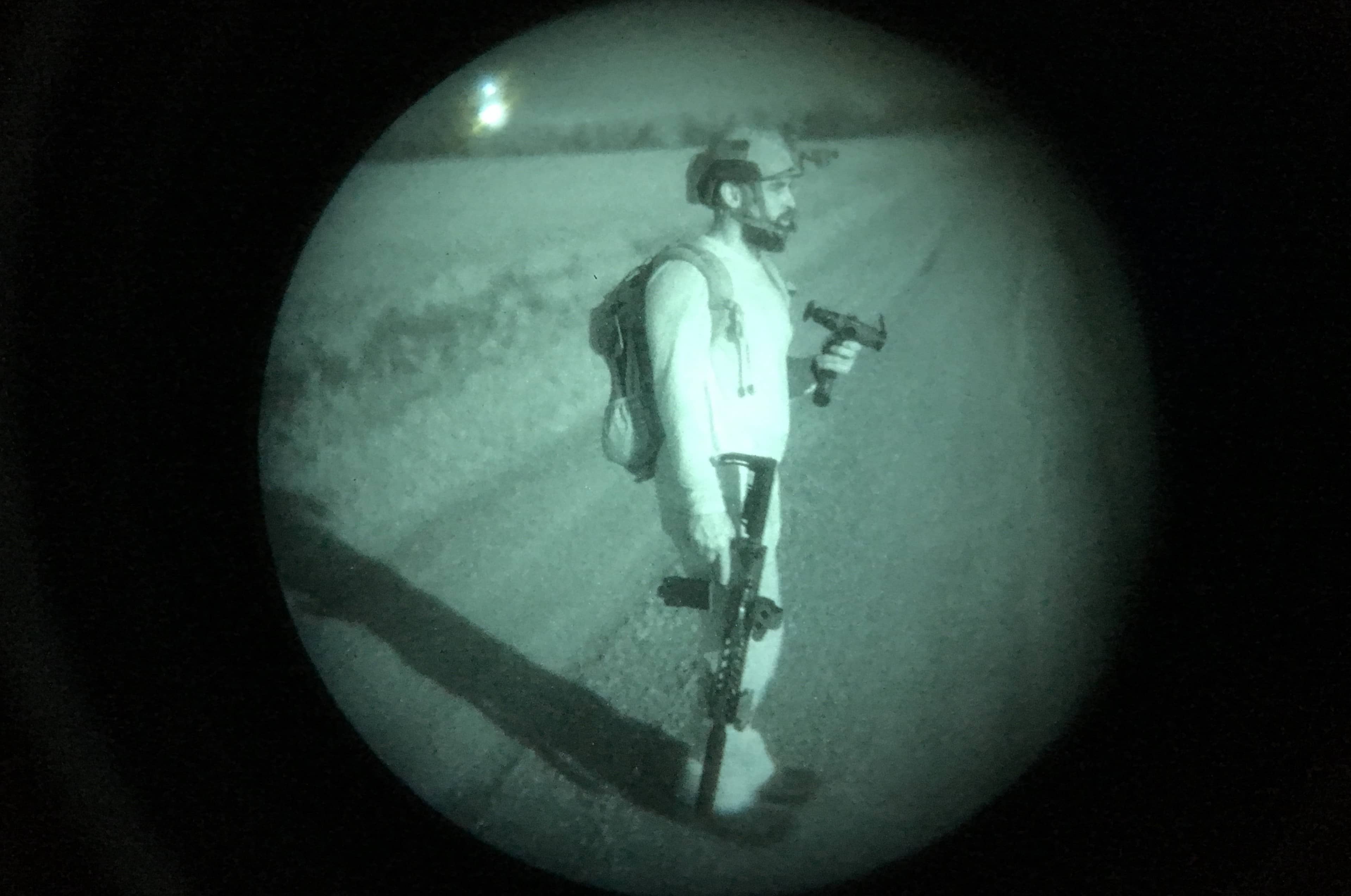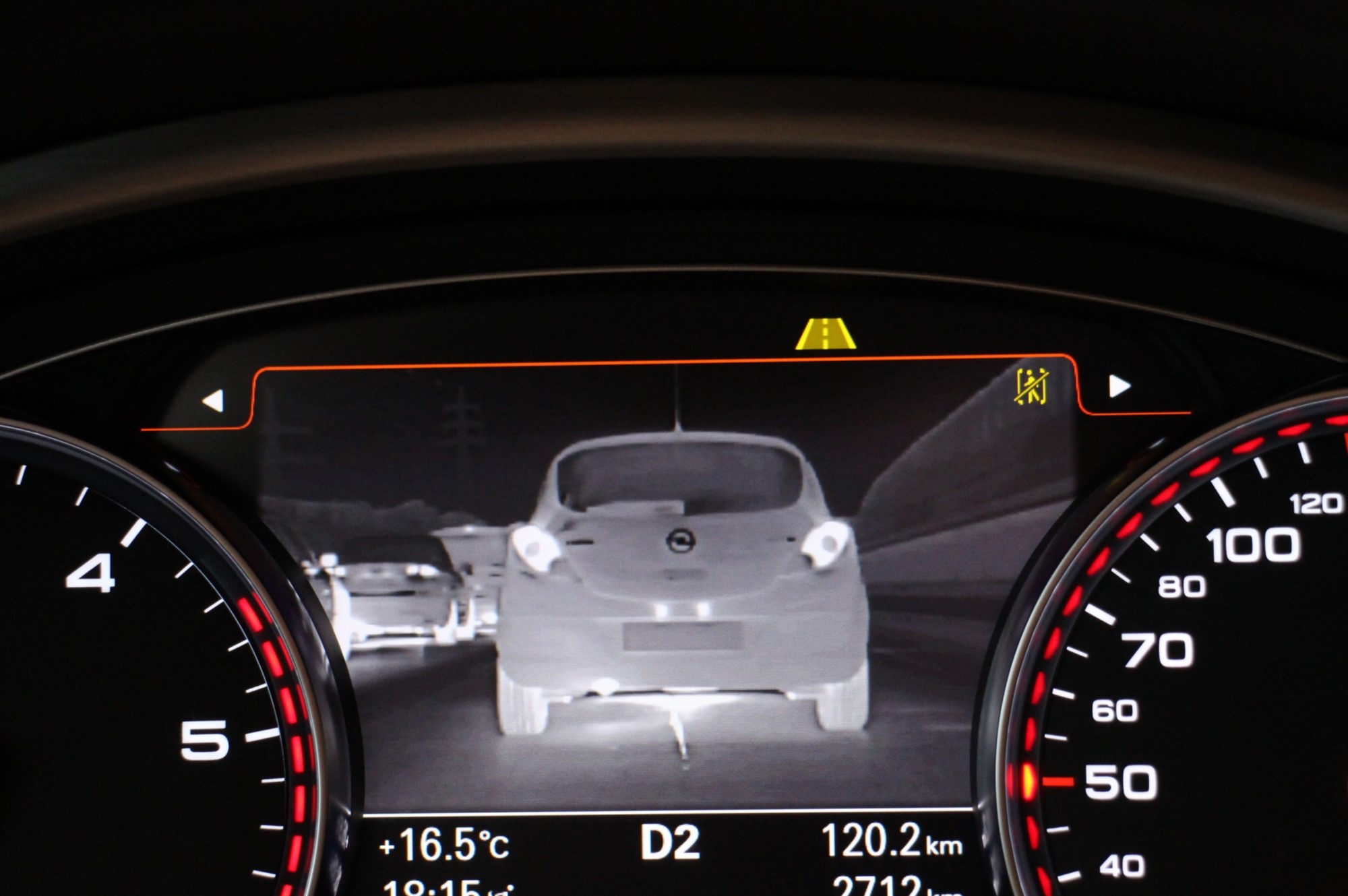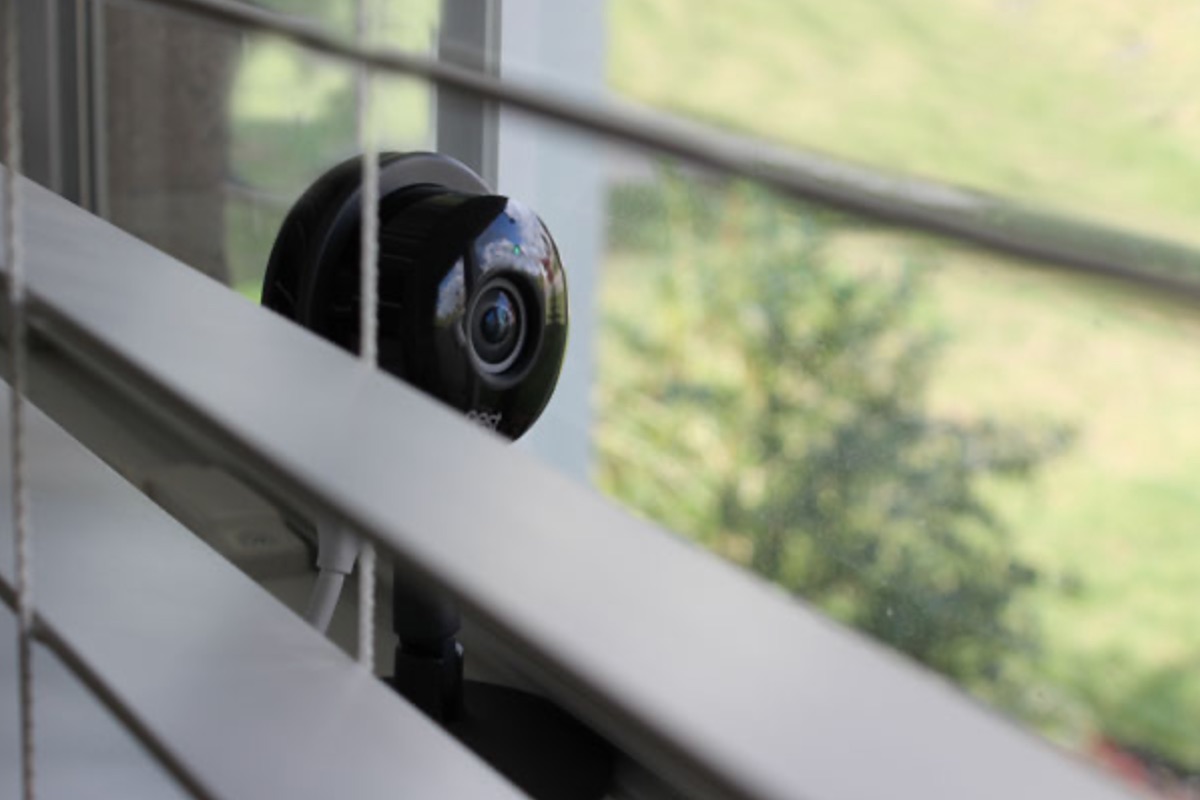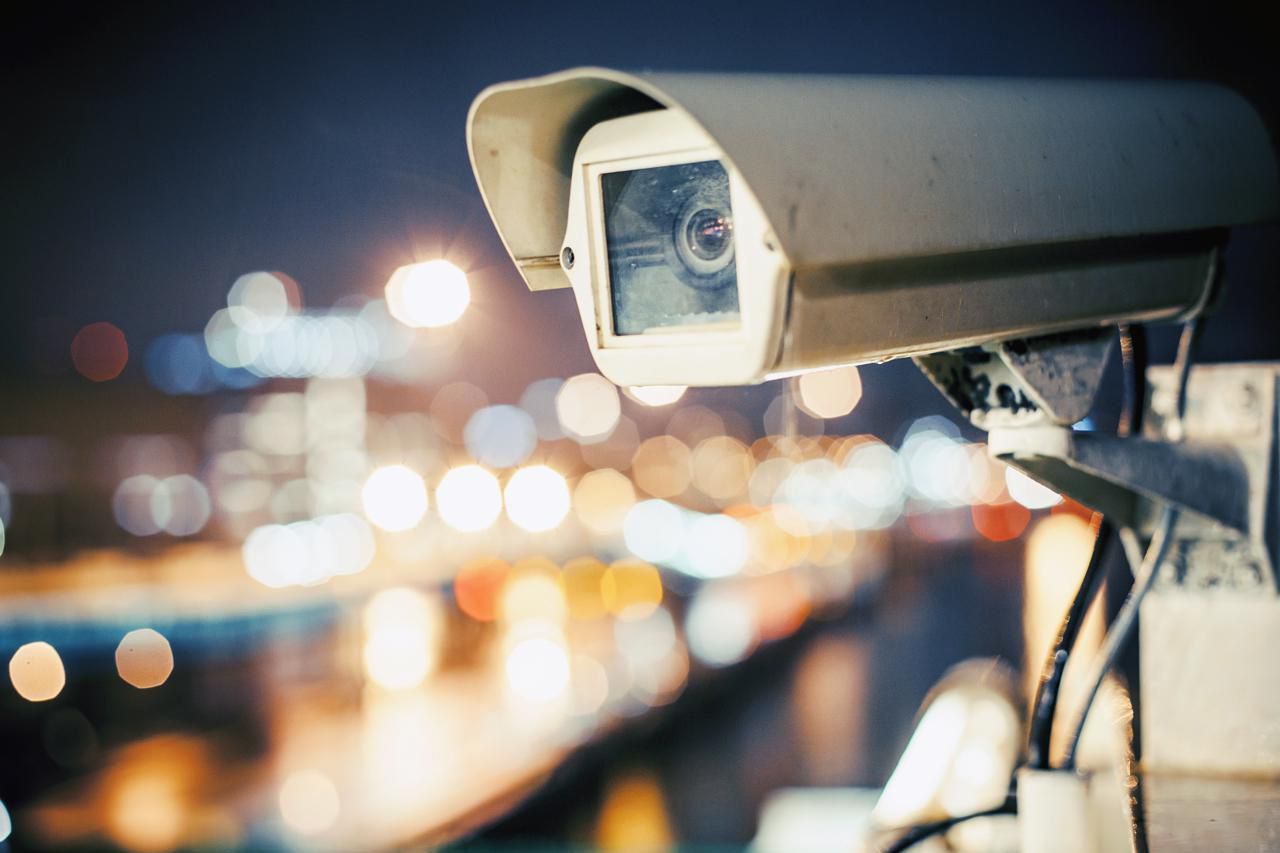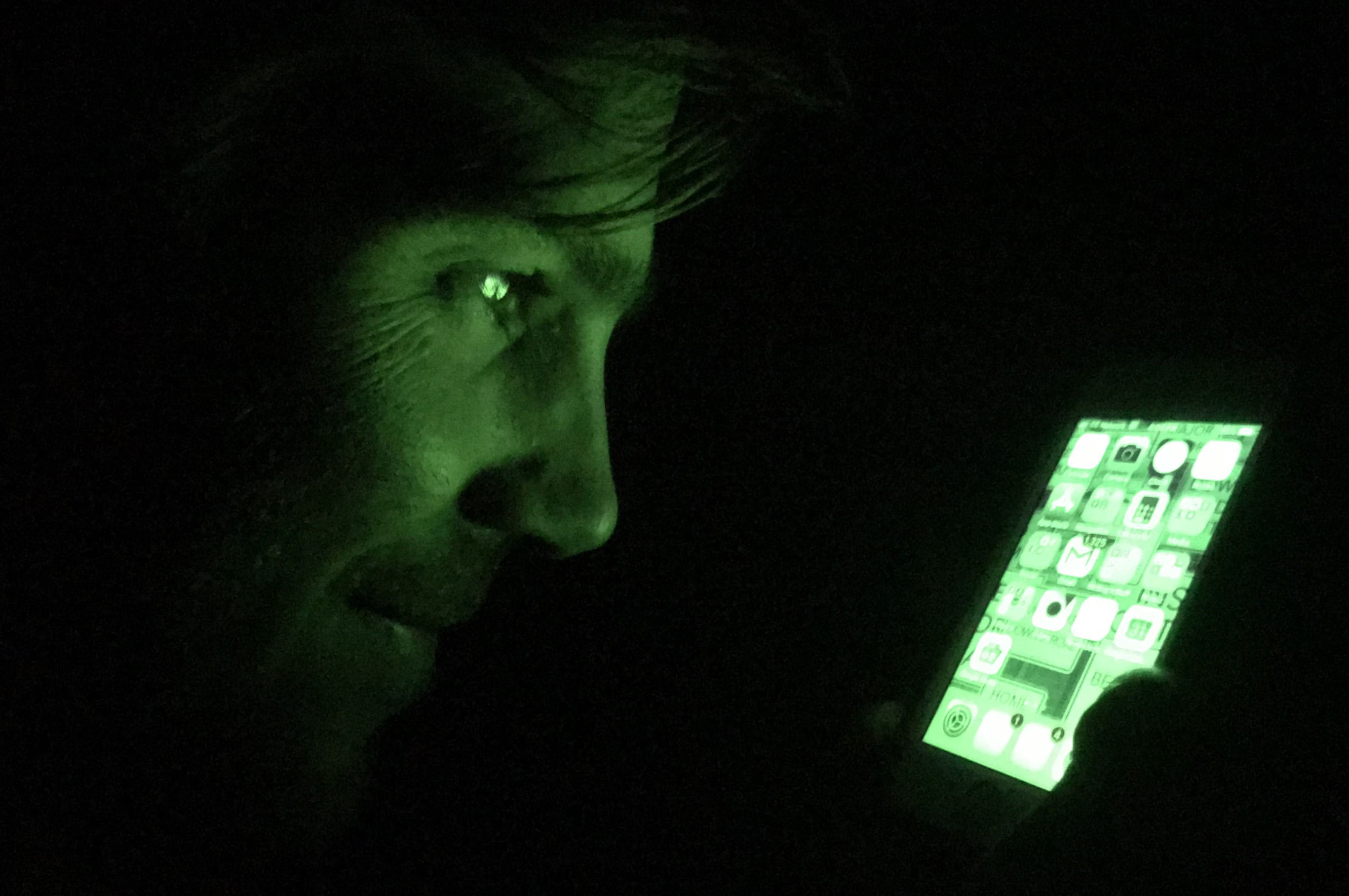Home>Home Security and Surveillance>What Color Of Light Bulbs Don’t Affect Night Vision Camera


Home Security and Surveillance
What Color Of Light Bulbs Don’t Affect Night Vision Camera
Modified: October 20, 2024
Discover the ideal light bulb colors for your home security and surveillance system. Find out which colors won't interfere with your night vision camera and enhance your safety.
(Many of the links in this article redirect to a specific reviewed product. Your purchase of these products through affiliate links helps to generate commission for Storables.com, at no extra cost. Learn more)
Introduction
Welcome to the world of home security and surveillance! In today’s technology-driven era, ensuring the safety and security of our homes has become a top priority for many. With advancements in smart home technology, one of the most popular tools being used is the night vision camera. A night vision camera allows you to monitor your home even in low-light conditions, providing you with peace of mind and added security.
However, there are certain factors that can affect the performance of a night vision camera, one of which is the lighting in your surroundings. The type and color of light bulbs used in and around your home can have a significant impact on the effectiveness of your night vision camera. In this article, we will explore the relationship between light bulbs and night vision cameras, specifically focusing on the colors of light bulbs that do not affect night vision.
Understanding how light bulbs can interfere with night vision cameras is crucial in creating an optimal surveillance setup. Whether you are setting up a security system for your home or looking to upgrade your existing one, knowing which light bulbs to choose can make a world of difference in the clarity and accuracy of the footage captured by your night vision camera.
Disclaimer: It is essential to note that different night vision cameras may have varying sensitivity to light sources. Therefore, while the information provided in this article is generally applicable, it is always advisable to consult the user manual or contact the manufacturer for specific recommendations regarding your night vision camera model.
Key Takeaways:
- Choose red or amber light bulbs for areas monitored by night vision cameras to minimize interference and ensure clear footage.
- Consider using dedicated infrared illuminators to enhance the performance of night vision cameras in low-light conditions.
Understanding Night Vision Cameras
Before we delve into how light bulbs can affect night vision cameras, let’s first understand how these cameras work. Night vision cameras are designed to capture clear, high-resolution images and videos in low-light or no-light conditions. They achieve this using a technology called infrared (IR) illumination.
Unlike regular cameras that rely on visible light to capture images, night vision cameras use infrared light, which is not visible to the human eye. These cameras have built-in infrared LEDs or illuminators that emit infrared light, allowing them to capture clear images even in complete darkness.
When the ambient light in the surroundings is insufficient, the night vision camera automatically switches to the infrared mode. In this mode, the camera uses its infrared illuminators to illuminate the scene with infrared light, which is then detected by the camera’s image sensor. The image sensor converts the infrared light into an electronic signal, which is processed and displayed as a visible image or video.
It is important to note that the performance of a night vision camera can be influenced by various factors, including the distance between the camera and the subject, the size and quality of the image sensor, and the sensitivity of the camera to infrared light.
Now that we have a basic understanding of how night vision cameras work, let’s explore how different colors of light bulbs can impact their performance.
How Light Bulbs Affect Night Vision
When it comes to night vision cameras, the type and color of light bulbs used in your environment can influence their performance. This is because some light bulbs emit light in a spectrum that overlaps with the infrared spectrum used by night vision cameras. When the emitted light from these bulbs is too close to the infrared spectrum, it can interfere with the camera’s ability to capture clear infrared images.
Let’s take a moment to understand why this interference occurs. Night vision cameras are designed to detect and capture infrared light. They are equipped with an IR-cut filter that blocks out unwanted visible light and only allows infrared light to pass through. By filtering out visible light, the camera can focus on capturing clear and detailed images in infrared mode.
However, certain light bulbs, such as incandescent bulbs, LED bulbs, or fluorescent bulbs, emit a small amount of infrared light alongside their intended visible light output. This additional infrared light, although negligible to the human eye, can create a slight haze or interference for night vision cameras. As a result, the camera may struggle to distinguish between infrared light emitted by its own illuminators and the ambient infrared light from the bulbs.
Furthermore, some light bulbs may emit light waves in the same frequency range as the camera’s infrared illuminators. This can cause overexposure or hot spots in the camera’s footage, making it challenging to capture clear images or videos.
In summary, light bulbs that emit infrared light or have wavelengths close to the infrared spectrum used by night vision cameras can impact the camera’s ability to capture crisp infrared footage. Therefore, it is crucial to select light bulbs that do not interfere with or hinder the performance of your night vision camera.
Infrared light bulbs don’t affect night vision cameras because they emit light that is outside the visible spectrum for humans, but can still be detected by the camera.
The Impact of Different Colors of Light Bulbs on Night Vision Cameras
Now that we understand how light bulbs can affect night vision cameras, let’s explore the impact of different colors of light bulbs on their performance. The color of a light bulb is determined by its wavelength, and different colors have different effects on the visibility and clarity of a night vision camera’s footage.
1. White Light Bulbs: White light bulbs, such as incandescent or halogen bulbs, emit a broad spectrum of light that includes both visible and infrared wavelengths. While these bulbs are suitable for regular lighting purposes, they can interfere with the infrared capabilities of a night vision camera, potentially causing blurriness or reduced clarity in the footage. It is advisable to avoid using white light bulbs in areas monitored by night vision cameras.
2. Red Light Bulbs: Red light has the longest wavelength among visible colors, and it is less likely to overlap with the infrared spectrum used by night vision cameras. Red light bulbs emit minimal visible light while providing sufficient illumination for human vision. This makes them a popular choice for areas where night vision cameras are installed. The use of red light bulbs significantly reduces the risk of interference and maintains the camera’s ability to capture clear infrared images.
3. Infrared (IR) Illuminators: While not technically light bulbs, infrared illuminators deserve mention when discussing the impact of different colors on night vision cameras. Infrared illuminators are specialized devices that emit infrared light specifically designed for night vision cameras. They provide uniform infrared illumination, enhancing the camera’s performance in low-light conditions without interfering with the camera’s own infrared sensors. When using night vision cameras, incorporating dedicated infrared illuminators can greatly improve the quality of the captured footage.
Remember, the primary aim when choosing light bulbs for areas with night vision cameras is to minimize interference and maintain the camera”s ability to capture clear infrared images. By opting for red light bulbs or dedicated infrared illuminators, you can ensure that your night vision camera operates at its optimum capacity, providing you with reliable and accurate surveillance footage.
Light Bulb Colors that Do Not Affect Night Vision Cameras
When selecting light bulbs for areas monitored by night vision cameras, it is important to choose colors that do not interfere with the camera’s infrared capabilities. Here are some light bulb colors that are known to have minimal impact on night vision cameras:
- Red: As mentioned earlier, red light bulbs are an excellent choice because they emit longer wavelengths that are less likely to overlap with the infrared spectrum used by night vision cameras. Red light bulbs provide sufficient illumination for human vision while causing minimal interference or blurriness in the camera’s infrared footage.
- Amber: Amber or yellow light bulbs are also suitable for use with night vision cameras. They emit a warm and soothing glow that does not disrupt the camera’s infrared capabilities. Like red light bulbs, amber light bulbs have longer wavelengths that align well with the camera’s infrared spectrum.
- Low-Intensity White: If you prefer white light bulbs, opt for those with a low-intensity or soft white output. These bulbs emit a gentle glow that is less likely to interfere with the camera’s infrared sensors. However, it is important to note that even with low-intensity white bulbs, there may still be a slight risk of interference compared to using red or amber bulbs.
- Infrared (IR) Illuminators: While not exactly light bulbs, dedicated infrared illuminators are specifically designed to work in conjunction with night vision cameras. These devices emit infrared light at the appropriate wavelength, ensuring optimal performance of the camera’s infrared sensors. Using infrared illuminators helps avoid any potential interference from regular light bulbs and provides enhanced illumination for clear and detailed night vision footage.
By selecting light bulbs in these colors or incorporating dedicated infrared illuminators, you can create an environment that minimizes interference with your night vision cameras and allows them to capture crisp and accurate footage in low-light conditions.
Remember, it is essential to refer to the user manual or consult the manufacturer for specific recommendations regarding your night vision camera model. Factors such as camera sensitivity and other technical specifications may influence the choice of light bulbs and lighting setup for optimal performance.
Conclusion
When it comes to home security and surveillance, night vision cameras play a crucial role in providing round-the-clock monitoring and peace of mind. However, the choice of light bulbs used in the vicinity of these cameras can significantly impact their performance.
Understanding how light bulbs affect night vision cameras is key to creating an optimal surveillance setup. Choosing the right colors of light bulbs can help minimize interference, ensuring that your night vision cameras capture clear and accurate infrared footage.
Red light bulbs are the preferred option for areas monitored by night vision cameras, as their longer wavelengths are less likely to overlap with the camera’s infrared spectrum. Amber light bulbs are also suitable, providing a warm and soothing glow without interfering with the camera’s infrared capabilities. Low-intensity white bulbs can be an alternative, although there is still a slight risk of interference compared to red or amber bulbs.
In addition, incorporating dedicated infrared illuminators can greatly enhance the performance of night vision cameras. These devices emit infrared light specifically designed for optimal interaction with the camera’s infrared sensors, providing enhanced illumination and clarity in low-light conditions.
Remember to consult the user manual or contact the manufacturer for specific recommendations based on your night vision camera model. Every camera may have different sensitivities and requirements when it comes to lighting conditions.
In conclusion, by selecting light bulbs in colors that do not interfere with night vision cameras and considering the use of dedicated infrared illuminators, you can ensure that your surveillance system operates at its best, allowing you to monitor your home with confidence and clarity, day and night. Stay informed, stay secure.
Frequently Asked Questions about What Color Of Light Bulbs Don't Affect Night Vision Camera
Was this page helpful?
At Storables.com, we guarantee accurate and reliable information. Our content, validated by Expert Board Contributors, is crafted following stringent Editorial Policies. We're committed to providing you with well-researched, expert-backed insights for all your informational needs.
